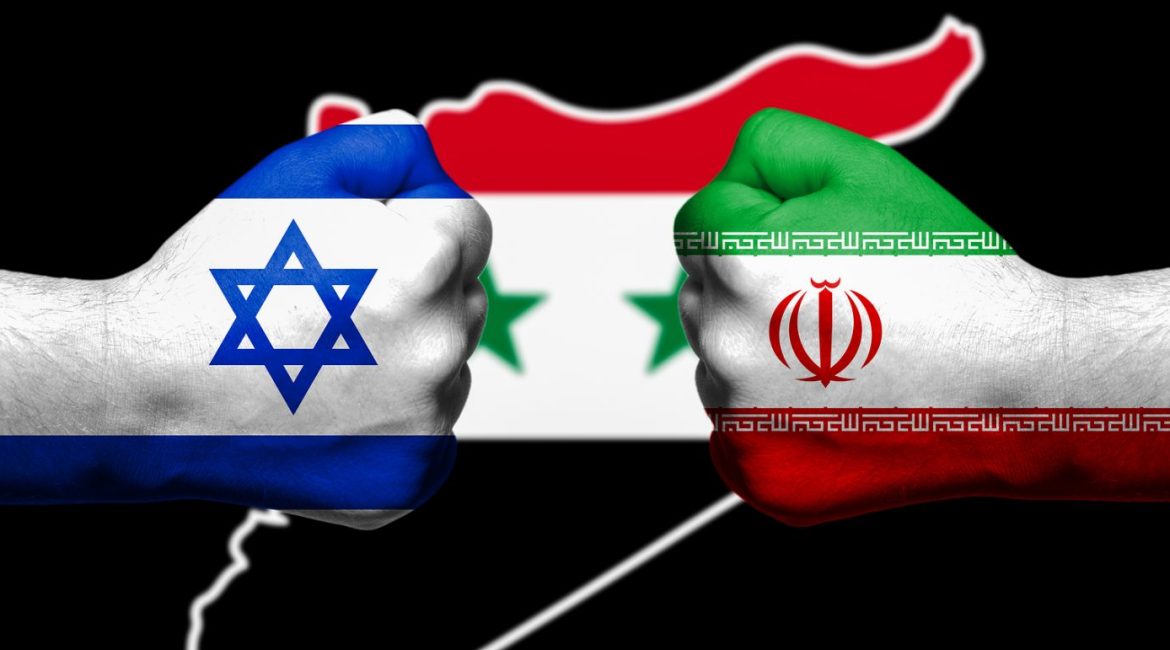Syrians increasingly fear that Israel's repeated airstrikes and incursions could drag the country into the escalating war between Israel and Hamas, prolonging Syria's decade of existence as a surrogate battle-field.
In the three weeks since the Hamas' deadly assault, Israel has launched attacks on Syrian civilian airports in Aleppo and Damascus, including a simultaneous strike on October 12.
Nearly two weeks later, Israeli Defense Forces killed eight soldiers during a raid in southern Syria, allegedly in response to rocket attacks launched the day before from Syrian territory.
Recently, Israeli warplanes struck again what Tel Aviv considers to be rocket launch sites in Syria and Lebanon, apparently in response to previous Hezbollah rocket attacks on Israeli territory.
The increase in strikes carried out by the Israel Defense Forces (IDF) comes in a context of hostilities since the outbreak of the civil war in Syria in 2011. Israel did not hesitate to launch hundreds of air raids in northern Syria, often claiming that the targets were Iranian-backed forces and Hezbollah. The argument is that Tehran, one of Syrian President Bashar al-Assad's biggest allies, has deployed its Islamic Revolutionary Guard Corps and other loyal forces to different parts of Syria, including near the Golan Heights, annexed by Israel.
Additionally, various actors, including the United States, Russia, and Turkey, as well as foreign and regional militias and terrorist groups, have waged battles on Syrian territory. Together with harsh economic sanctions, the impact has devastated the country's infrastructure, economy and citizens.
The Syrian government would prefer not to be stuck in the middle of the Gaza war, but it doesn't really have a choice because it depends on both Iran and Hezbollah. Iran supplies most of its reserves of oil, escaping strict US sanctions against oil imports into Syria, and Hezbollah helped Syria in the war against opposition forces.
The Iranians don't seem to want an escalation in Gaza and both Iran and Hezbollah have avoided to establish red lines that would trigger their involvement in the Palestinian Strip. Nevertheless, they constantly made general threats, supporting Hamas and the Palestinians.
One of the reasons why a war against Israel does not seem to be on their agenda is the poverty of the "resistance states", which include Syria, Lebanon , Iraq, Yemen and Gaza.
Syria's economy is almost destroyed, while Lebanon's economy has been in free fall since 2019, when its banks and government collapsed.
Anyway, many Syrians at home and abroad have expressed solidarity with Gaza through protests and social media. Syrian aid and civil society organizations have shown their support for the Palestinians by launching donations and education campaigns.
Lately, Israelis seem to have succeeded in creating a deterrent in Gaza, but nobody knows how long it may last. Everyone thought Hamas had been deterred, but it turned out that was not true. In the last operations, Israel inflicted a huge mortality rate on Gaza residents, but the result was that Hamas continues to capably respond to Israelis assaults.

